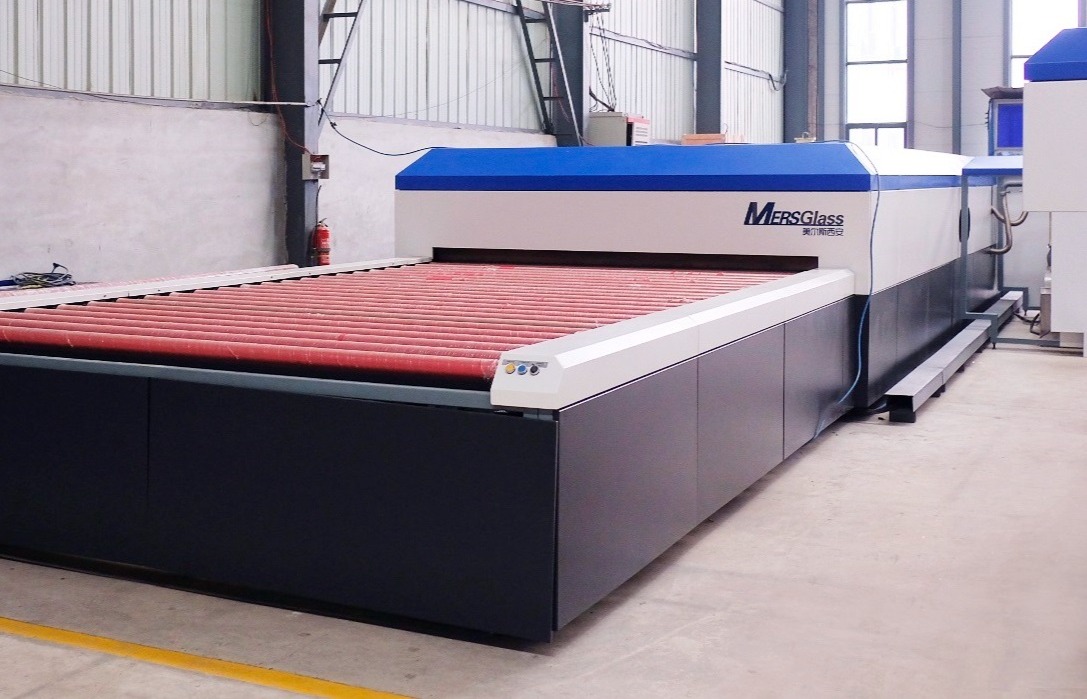Non-Autoclave Laminated Glass Manufacturing Equipment
June 12, 2025 | News | No Comments

# Non-Autoclave Laminated Glass Manufacturing Equipment
## Introduction to Non-Autoclave Laminated Glass Technology
Non-autoclave laminated glass manufacturing equipment represents a significant advancement in the glass industry. This innovative technology eliminates the need for traditional autoclave processes, offering manufacturers a more efficient and cost-effective solution for producing high-quality laminated glass products.
## How Non-Autoclave Laminated Glass Machines Work
The non-autoclave laminated glass machine utilizes advanced bonding techniques that don’t require the high-pressure, high-temperature environment of conventional autoclaves. These systems typically employ:
– Specialized adhesive systems
– Precise temperature control mechanisms
– Advanced vacuum technology
– Optimized curing processes
## Key Advantages of Non-Autoclave Equipment
Manufacturers are increasingly adopting non-autoclave laminated glass machines due to several compelling benefits:
### Reduced Energy Consumption
By eliminating the need for energy-intensive autoclave processes, these machines significantly lower power requirements, resulting in substantial cost savings.
### Faster Production Cycles
Non-autoclave systems typically offer shorter processing times compared to traditional methods, allowing for higher production throughput.
### Lower Capital Investment
The equipment requires less infrastructure than autoclave-based systems, reducing initial setup costs and space requirements.
### Improved Safety
Without the need for high-pressure vessels, non-autoclave machines present fewer safety concerns in the manufacturing environment.
## Applications of Non-Autoclave Laminated Glass
Glass produced with this technology finds use in various sectors:
– Architectural glazing
– Automotive industry
– Security applications
– Solar panel manufacturing
– Interior design elements
## Choosing the Right Non-Autoclave Laminated Glass Machine
When selecting equipment, consider these factors:
– Production capacity requirements
– Glass thickness capabilities
– Adhesive system compatibility
– Automation level
– Maintenance requirements
– Manufacturer support services
## Future Trends in Non-Autoclave Technology
The non-autoclave laminated glass manufacturing sector continues to evolve with:
– Development of more advanced adhesive systems
– Integration of smart manufacturing technologies
– Improved energy efficiency
– Enhanced automation capabilities
– Expansion of application possibilities
As the industry moves toward more sustainable and efficient production methods, non-autoclave laminated glass manufacturing equipment is poised to play an increasingly important role in meeting global demand for high-performance glass products.